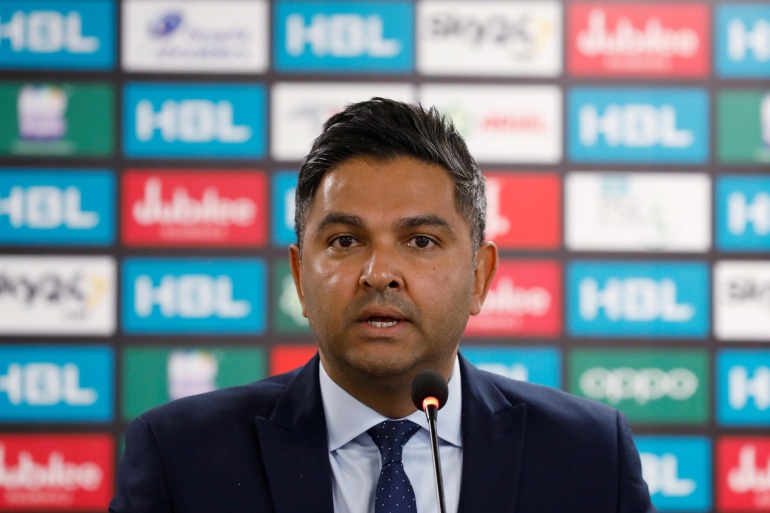Khan’s contract was going to end in four months’ time, but he decided to step down right after Ramiz Raja was appointed as the chairman of the board.
Khan played a crucial role in improving Pakistan’s status as a host nation for visiting sides. It was under his supervision two editions of the Pakistan Super League were organized fully in the country. He also materialized the return of Test cricket to the country, and it was under him that the board ensured they did not have to pay extra money for teams to visit Pakistan.
He mentioned that he arrived with a motive to build relationships and restore the status Pakistan once held in the cricketing world. He noted that Pakistan has now earned goodwill among the cricketing fraternity and is now on its way upwards. He also hoped that more cricket will be played in the country in the coming years.
“With a five-year strategy in place, new domestic structure in its third season and the investment in women’s cricket in an upward direction, I feel it is the right time to move on and reunite with my young family.
They have sacrificed a lot so that I could fulfill my dreams of contributing to Pakistan cricket, which will always remain very close to my heart,”
he mentioned.
Khan’s resignation shortly after the departure of head coach Misbah-ul-Haq and bowling coach Waqar Younis have raised plenty of speculations. Ramiz Raja decided to call up a board meeting to discuss these departures as the future looks pretty uncertain and gloomy ahead of an important ICC event for Pakistan.
Since his appointment, Matthew Hayden and Vernon Philander have been roped in as head coach and bowling coach, respectively, whilst there are some speculations suggesting that Khan had no idea about these appointments.
Khan had a close relationship with the ECB, but recent decisions made by New Zealand and England to back out from tours has reflected poorly on the progress he made.


